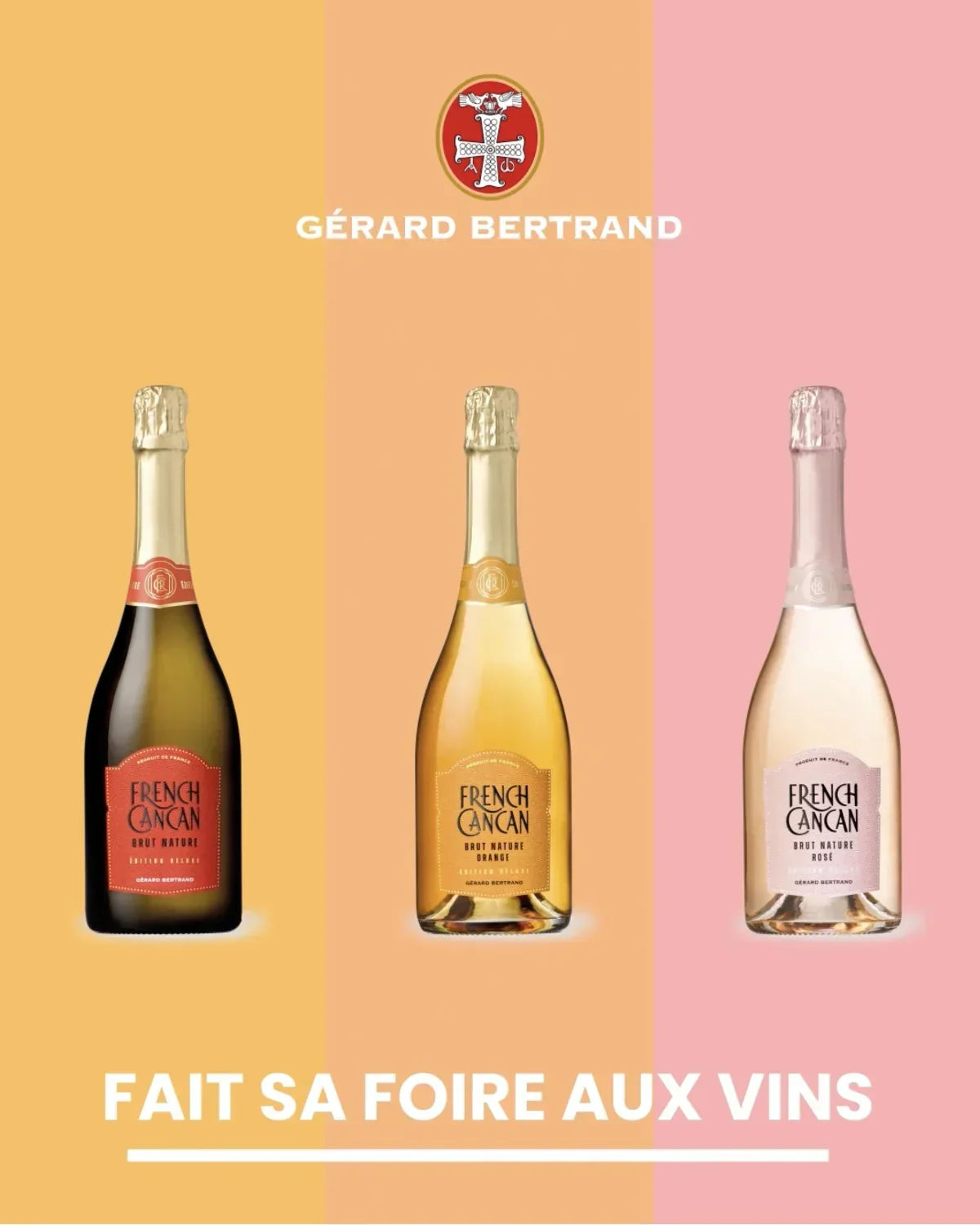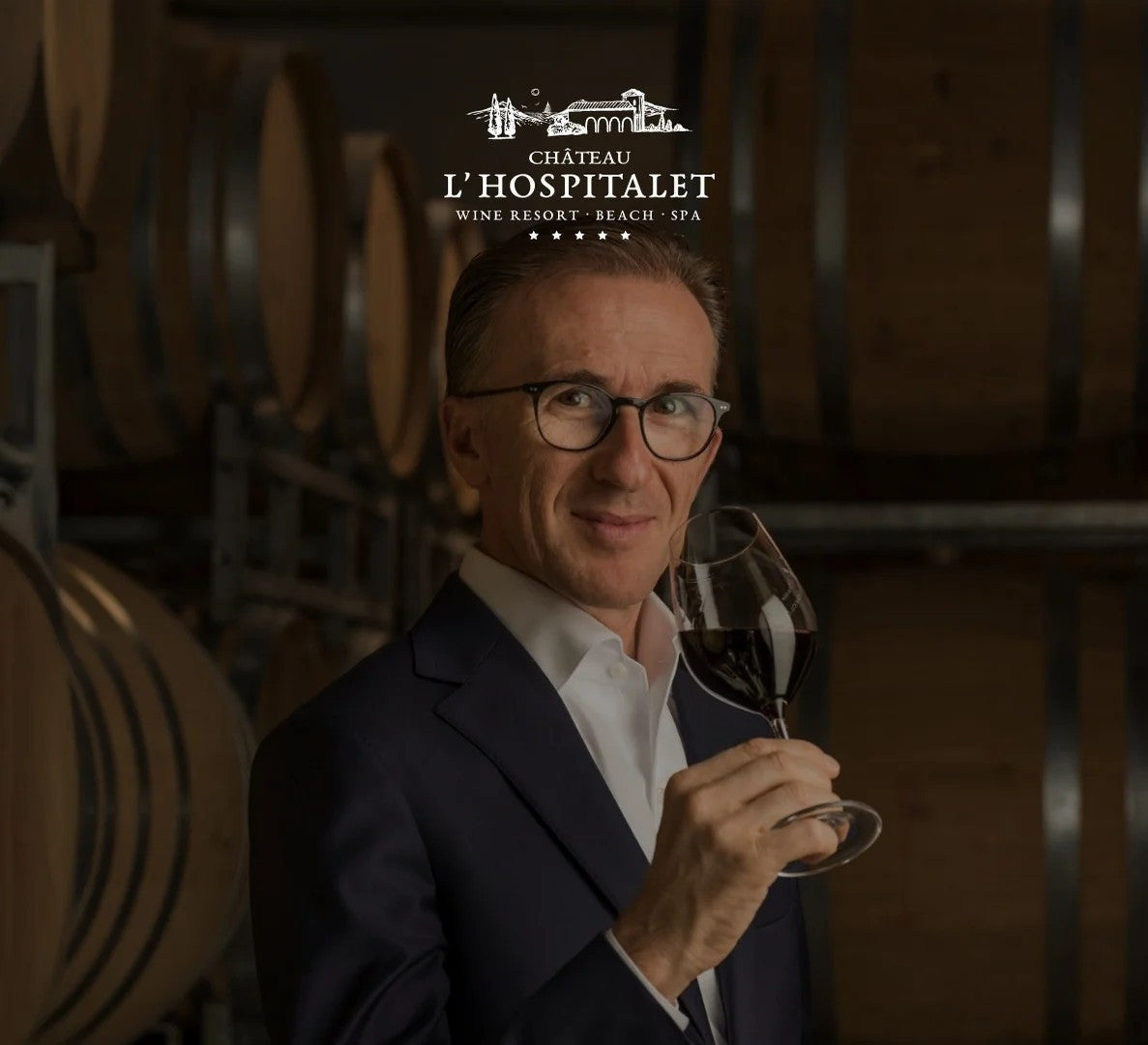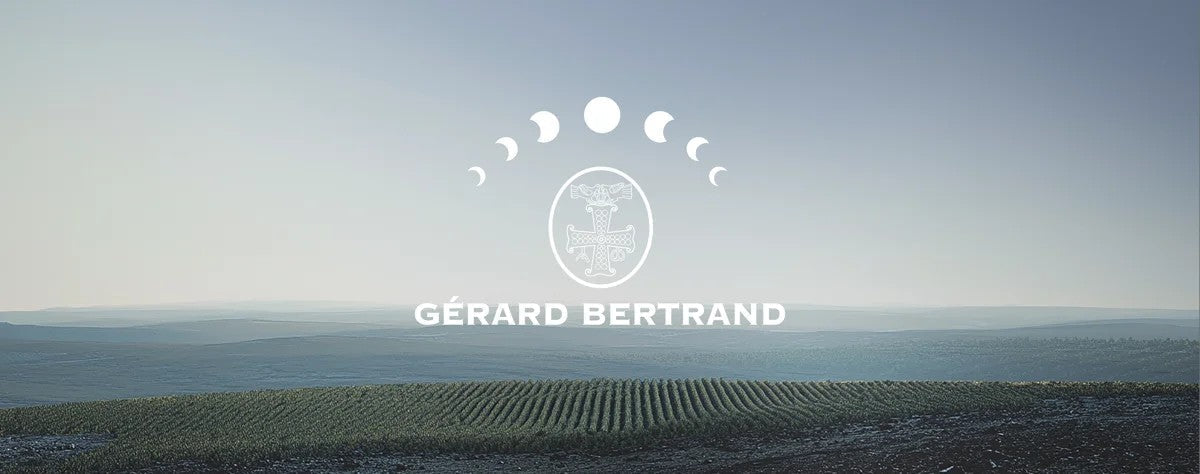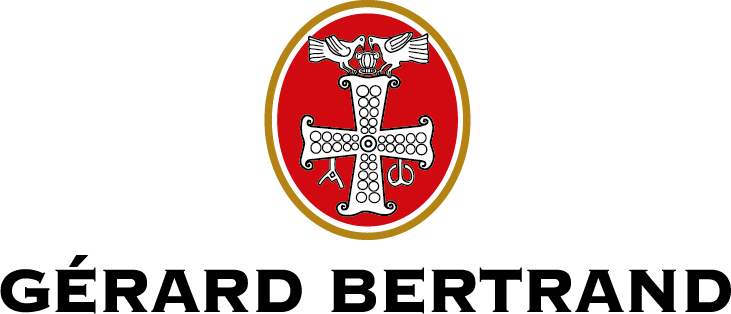The Bertrand family
Why are Great Rosé Wines exceptional?

Rosé wine is appreciated for its ability to adapt to any occasion. For a romantic dinner, with friends, at a cocktail party, at a Michelin-starred restaurant, in summer or winter... These are all occasions for which rosé wine is a delicious alter ego.
Even though rosé wines are enjoying great success, some wine producers are involved in the production of exceptional rosé wines . They have worked tirelessly for many years to find the unique expression of terroirs and their grape varieties to create ever more precise, beautiful, aromatic and tasty great rosé wines .
Since there is an interaction of the senses between color, aromas and flavor in the mouth. Without careful listening to the terroir , the Great Rosé Wines cannot be composed in their expression of perfection. Indeed, it is a creation of the most delicate precision to make high-end rosé wines recognized during their tasting by the greatest wine professionals .
The expression of an exceptional terroir

The word terroir is purely French, there is no equivalent to translate this term into English. It designates the typology of the soil, the climatological influence and the biodiversity present on this place. This term is consolidated by the practice of biodynamics . In the south of France, as far as the terroir of rosé wines is concerned, there is a vast diversity of combinations. As well as the influence of the winds and the sea air which also develops the little extra that makes the difference within an exceptional terroir .
At Château La Soujeole Grand Vin Rosé , AOP Malepère, the estate is located in an ecological entity known to botanists for its plants and shrubs, of varied Mediterranean and oceanic species. Here, the plurality of the terroir's components takes on its full meaning.
The soil and its geology on the Great Rosé Wines
The action of Mother Nature tamed
To produce great rosé wines, a vineyard must benefit from optimal climatic conditions. That said, Mother Nature is not so easily tamed. It is she who sets the tone for the quality of the vintage, influencing the cultivation of these exceptional rosé wines. In Languedoc-Roussillon, the sunshine is among the highest in France. This favors the maturity of grape varieties typical of the South of France, such as red berries such as Mourvèdre , Syrah , Grenache and Cinsault , and white berries such as Vermentino and Viognier . The Mediterranean Sea acts as a thermal regulator, activating the early resumption of vegetation in the spring.
But if Mother Nature premeditates periods of drought, the winemaker must face the spread of various complications such as powdery mildew, which can go so far as to destroy the inflorescences and berries of the grapes.
The know-how of cultural practices
Deep respect for the intrinsic characteristics of a soil results in natural viticulture without chemical inputs, manual harvests and pruning ensuring the longevity of the vines. Because great rosé wines begin in the vineyard on living soils . These exceptional rosé wines are authentic wines resulting from transgenerational know-how passed down and complemented by cutting-edge technology. Without environmentally friendly viticulture, no alchemy between these two areas of knowledge in search of purity can take place. Temple Close is the very expression of experienced know-how. Thus, the old vines of the preserved valley of Cabrières reveal the terroir thanks to the common sense who cares for each of the vines.
So, the best cultural practices to support and promote the good development of the grape vegetative cycle are provided. Like the need to rely on the sidereal cycle, the preparation and energization of biodynamic care , the use of compost in order to magnify the grape berries which carry within them all the subtlety of their terroir.
A delicate precision elaboration
The obvious particularity of the Great Rosé Wines is a manual harvesting with limited returns in order to produce only grapes with a deep and intense aromatic palette. During the harvest, sorting is rigorous to preserve the berries of optimal quality.
The evolution of aromatic compounds in Great Rosé Wines
In recent years, the quality of aromatic compounds in rosé wines has been steadily improving. In the past, rosé wines were mainly endowed with fermentation aromas , including isoamyl acetate marked by aromas of banana and English sweets accompanied by ethyl butanoate releasing floral notes . Nowadays, the tendency is the presence of aromatic compounds from the family of thiols such as 3-mercapto-hexanol releasing aromas of citrus, exotic fruits, and rhubarb, associated with its acetate revealing extracts of boxwood and of tropical fruits , as well as other compounds that participate in the complexity of the aromatic bouquet of the Great Rosé Wines .
Innovation in winemaking to enhance elegance
Thus, the art of winemaking carried out within the production of high-end rosé wines is based on the management of the harvest, intervening as little as possible in the winery and cellar. This is why respect for the raw material is obvious in order not to force fermentation, to avoid oenological inputs, while preserving the originality of the terroir and the grape varieties. All this while giving time, to time and modernizing the winemaking process to integrate improved winemaking techniques in order to enhance the natural elegance of rosé wines .
It is from this consistency that the Villa du Château La Sauvageonne is created. This Grand Vin Rosé , voted the best rosé in the world in 2017 and 2018, is the result of co-fermentation between the Grenache , Vermentino and Viognier grape varieties, followed by fermentation starting in vats and ending in French oak barrels to enhance the smoothness and structure of this Grand Vin.
It is therefore inspired by the fermentation process of white wines that producers of high-end rosé wines produce Grands Vins Rosés.
Tasting: the consecration of Great Wines
Tasting: it's the moment of truth! Of course, with great rosé wines , food and wine pairings are simple. Rosé accompanies all kinds of dishes and side dishes, whether as an aperitif or throughout a meal. However, recognition during a tasting by wine professionals is the moment of consecration. Indeed, although these wines are produced with respect for the environment, the uniqueness of the terroir, and a precise and delicate preparation.
When one of these rosés is voted the best rosé in the world and receives the title of “Master”, it reassures the initiatives taken and the efforts made to produce great wines as best as possible and ethically . Gérard Bertrand is working towards this goal, with regard to the Grand Vin Rosé Clos du Temple , the best rosé wine in the world is born in the cradle of rosé wines.
This distinction is awarded by expert tasters who blindly analyze hundreds of rosé wines by smell. They are on the lookout for the slightest flaw and seek the purest , most elegant , unvarnished style, revealing the personality of the terroir with virtuoso skill . The mentions, the citations in specialist magazines and the notes from wine professionals are rewards that testify to the precision work carried out in the vineyards and cellars.
Selection of Rosé Wines and Grand Rosé Wines
List of rosé wines:
- Clos du Temple 2021 and its case : a work of art to offer
- Change Grenache Vin Rosé : an organic rosé wine, 2022 vintage
- Estagnère Estate : rosé wine without added sulfites, 2021 vintage
- Domaine de Villemajou : 6 bottles of Corbières rosé wine, 2021 vintage
- Art of Living : 6 bottles of AOP rosé wine from Languedoc to reuse the bottle endlessly
- Or, discover our entire collection of rosé wines .
Learn more about orange wine , red wine or rosé wine and all about organic rosé wine .
Discover the best Gérard Bertrand wines :
Explore the Gérard Bertrand estates :
- Its wine châteaux of Languedoc-Roussillon
- His expertise in the design of biodynamic wines
Our latest news

Foire aux vins : des offres à savourer sans attendre !
FOIRE AUX VINS 2025 : LES SAVEURS DU PRINTEMPS Sous le soleil printanier, la Foire aux vins fait son grand retour ! Pour l'occasion, nous avons sélectionné pour vous les cuvées les plus appréciée...
Read more
Journey to the heart of the world's great terroirs with Paolo Basso
Masterclass & Gastronomic Dinner: An Evening with Paolo Basso In the sublime setting of Château l'Hospitalet, between the vineyards and the Mediterranean, enjoy an extraordinary experienc...
Read more
A year under the sign of multidimensional wine
DEAR READERS, DEAR READERS The year 2024 was marked by a monthly event that brought us all together: the celebration of 100 years of biodynamics. Month after month, we explored the secrets ...
Read more


